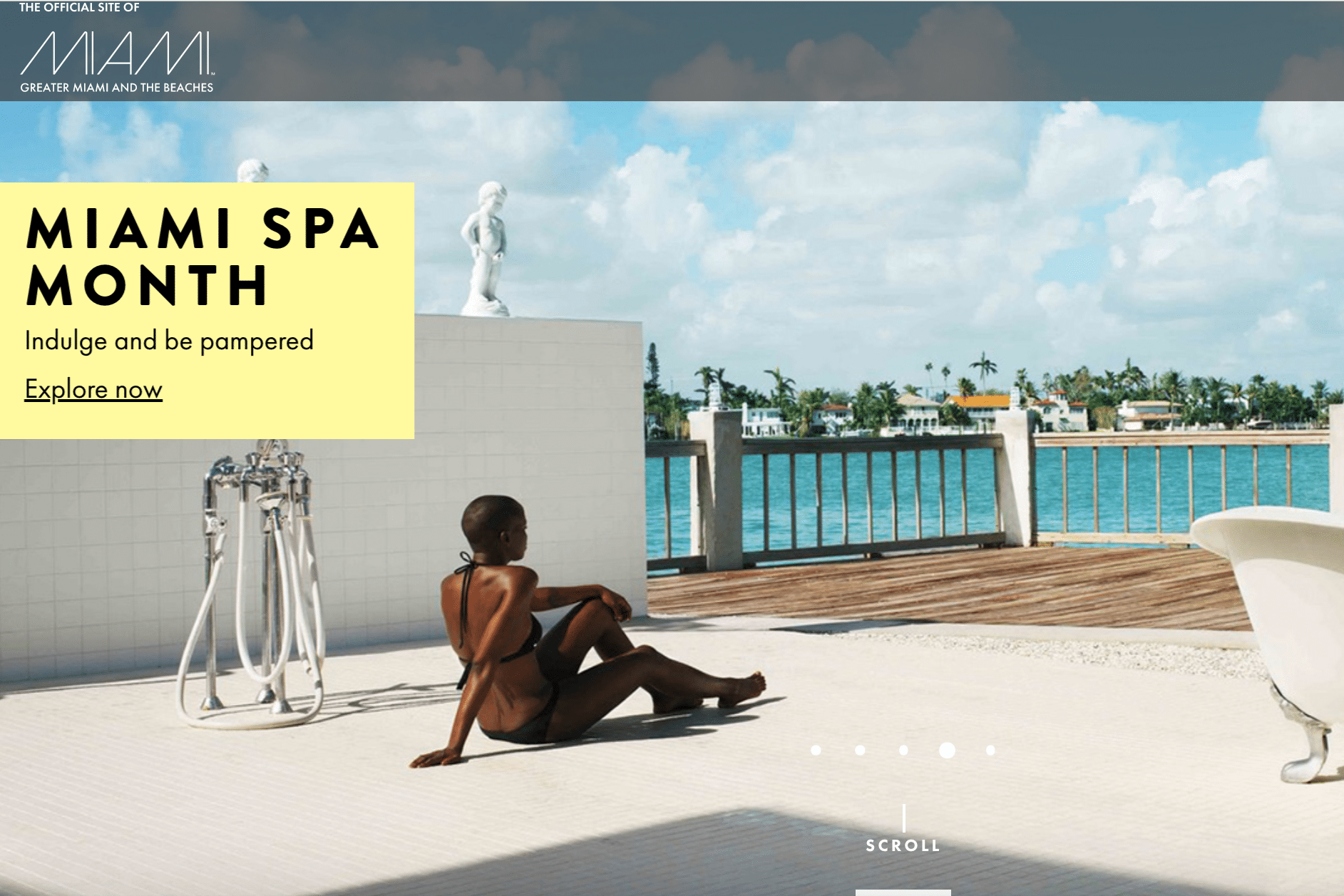Tourism Websites Are Being Redesigned to Get Way More Personal

Skift Take
Destinations need data to know how to help their hotels, restaurants, and attractions market themselves. While they don't need to know anything too intimate about travelers, they're still making sure all their t's are crossed as more privacy rights laws take effect.
Tourism boards ask a lot of their websites: They must include updated, accurate information. They have to show off a destination in the best light. And they need to cater to diverse audiences while increasingly making each visitor feel like a site was designed specifically for them.
Even as the trend toward more personalized websites has taken root, concern about data security is growing around the world. Despite near-constant news cycles of data breaches and cybersecurity threats, many tourism boards are still betting that travelers want to share information about themselves on destination websites to help plan their trips — and more websites are being redesigned accordingly.
Most of the information that some newly redesigned tourism board websites ask travelers to share isn't too personal, such as whether they prefer sun over snow or adrenaline to relaxation. But cookies, for example, are used to track how travelers engage with a site and analyze their online behaviors.
Skift has tracked the world's best tourism websites since we launched six years ago. Our past coverage has focused on sites that add new bells and whistles as they get redesigned but continue to make it simple to plan a trip. As consumer technology gets more advanced, tourism boards are trying to keep up with redesigned websites and content that prioritizes personalization. Skift examined a handful of sites that were redesigned this year – and talked to one group developing a brand new site – to explore the latest trends and the way privacy is playing a part in redesign conversations.
The Miami Model
The Greater Miami Convention & Visitor's Bureau, Miami's tourism board, said its newly redesigned website, which went live earlier this month, considers its new site as an "experience engine" that will personalize the site for each individual traveler and each part of a trip.
"Our new site will allow for hyper-customization," said Rolando Aedo, chief operating officer of the Greater Miami Convention & Visitors Bureau. "Beyond using typical cookies, we will then empower the user to go deeper and let them tell us a little bit about themselves so that content they’re served, the visuals they see, and the mapping they see will be driven by their customization."
If a site isn't mobile-friendly, or images are dated, or answers take too many clicks to get to, it's virtually game over for a tourism website.
Miami last redesigned its website about six years ago.
